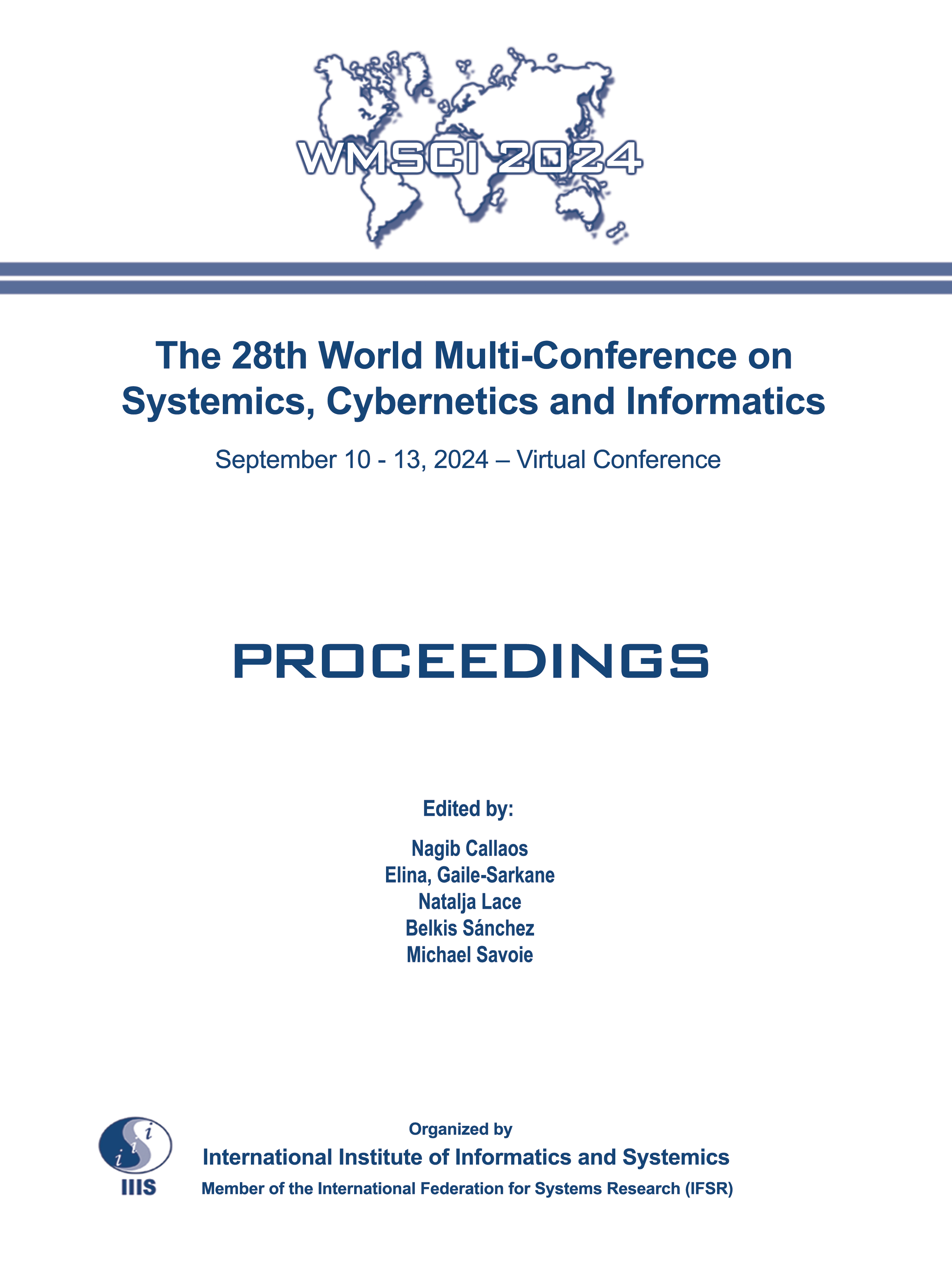2024 Summer Conferences Proceedings

|
From Different Angles to Shared Insights: Economist and Psychologist Accord on Employee Motivation
Jana Ozolina, Sanita Saitere, Elina Gaile-Sarkane
Proceedings of the 28th World Multi-Conference on Systemics, Cybernetics and Informatics: WMSCI 2024, pp. 155-162 (2024); https://doi.org/10.54808/WMSCI2024.01.155
|
The 28th World Multi-Conference on Systemics, Cybernetics and Informatics: WMSCI 2024
Virtual Conference September 10 - 13, 2024 Proceedings of WMSCI 2024 ISSN: 2771-0947 (Print) ISBN (Volume): 978-1-950492-79-4 (Print) |
|
Abstract
This study examines the concept of work motivation from both economic and psychological standpoints, emphasizing its relevance to business practices. Economists study the factors that drive motivation, including incentives, remuneration, and productivity. They specifically examine how financial rewards impact the behavior of employees. Important ideas encompass Incentive Theory, which suggests that monetary incentives stimulate production, and Cost-Benefit Analysis, which evaluates how employees weigh effort in relation to monetary benefits. Psychologically, motivation involves both emotional and cognitive components. Key principles include the distinction between intrinsic and extrinsic motivation. Intrinsic motivation arises from internal drive and genuine interest in one's job, whereas extrinsic motivation is fueled by external incentives such as monetary rewards. The Self-Determination Theory highlights the significance of autonomy, competence, and relatedness in promoting intrinsic motivation. The authors propose practical applications for businesses:
1. Balanced incentive systems involve the integration of monetary rewards with prospects for individual development, hence augmenting motivation. Compensation packages should incorporate both external and internal components. 2.Creating supportive work environments that foster a healthy work culture and promote autonomy, competence, and relatedness can enhance intrinsic motivation. Employers should prioritize cultivating robust relationships and offering purposeful tasks. 3. Customized strategies: acknowledging the varied motivations of employees, organizations should provide adaptable and individualized incentives and support systems. The combination of economic and psychological knowledge is crucial for comprehending and improving job motivation, resulting in more efficient and fulfilling work settings. |
||




